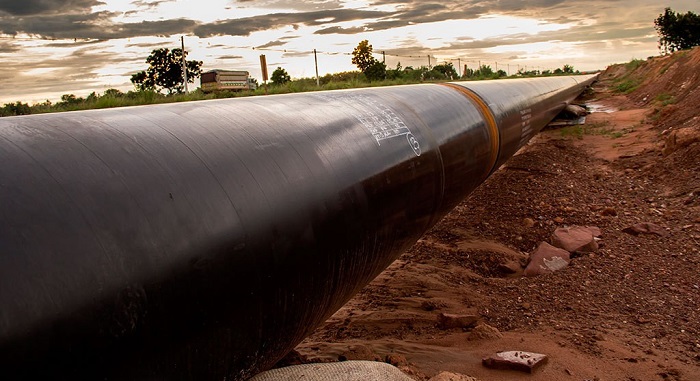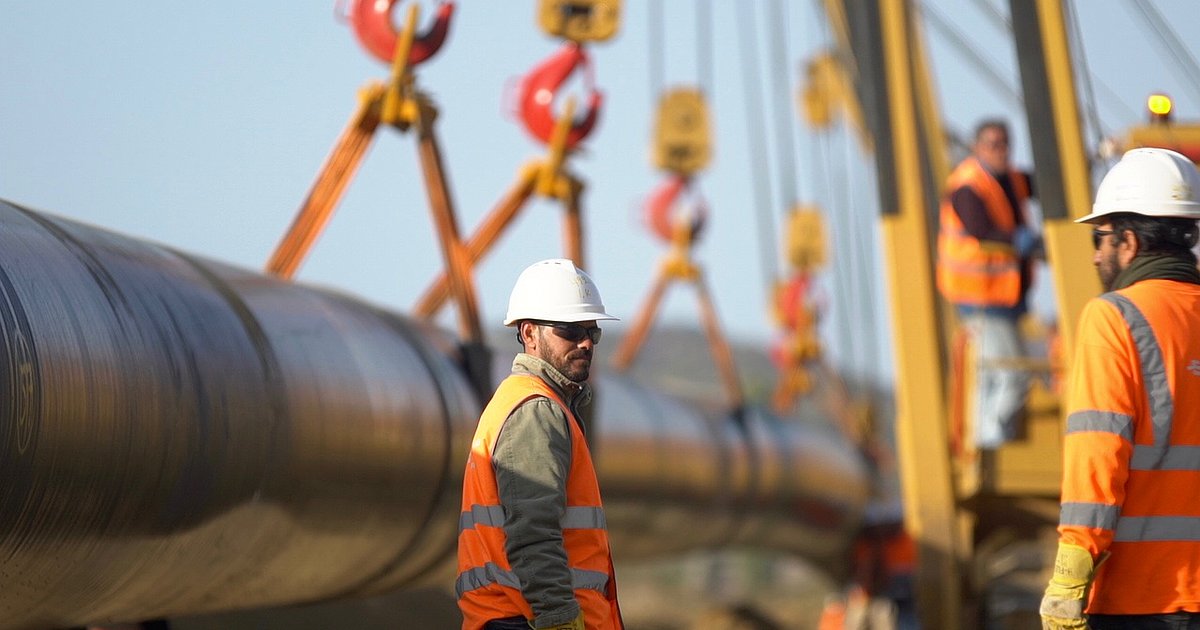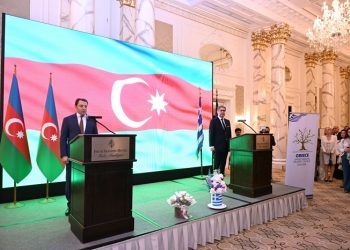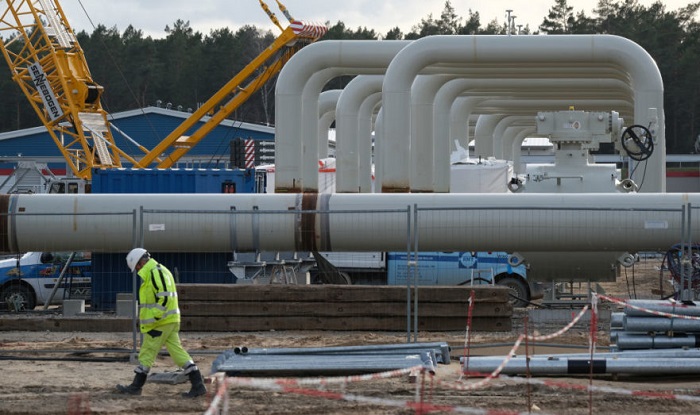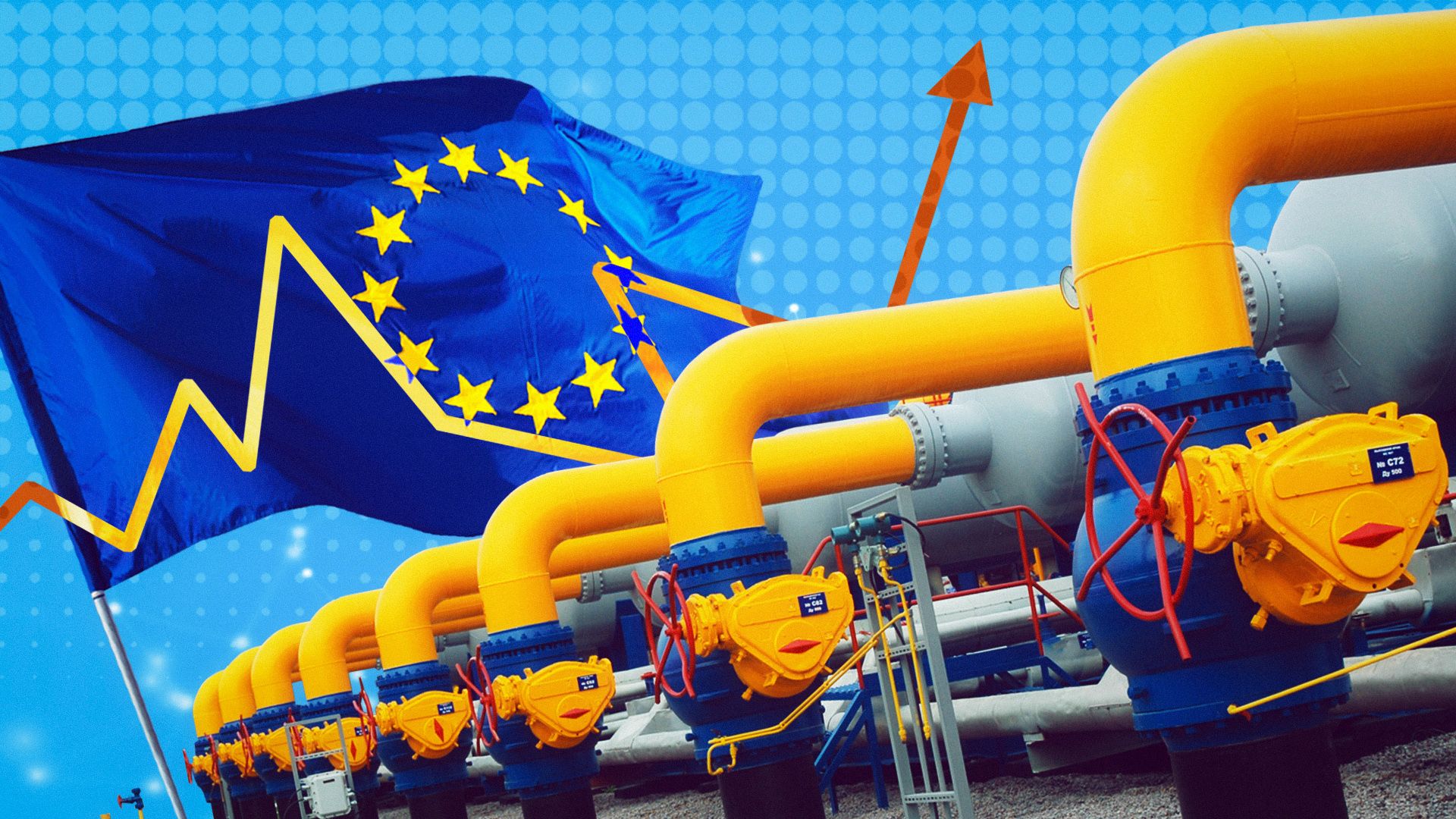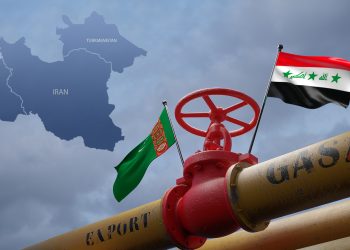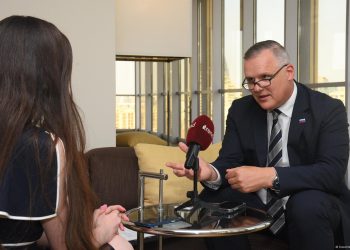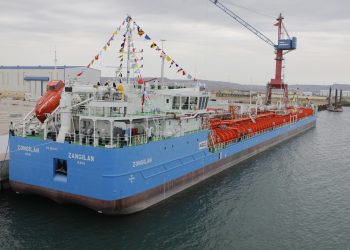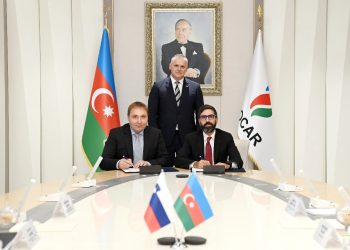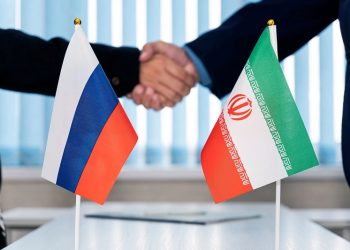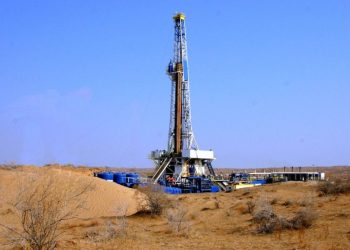Significant changes will be made to the current legislation of the European Union (EU) on minerals.
Murad Heydarov, a member of the Board of Directors of the TAP consortium, told Report that the new guidelines would serve to create a regulatory framework for the European gas market in line with new realities.
“There are two realities here. One of them is to adapt to the EU’s climate change agenda and respond to the challenges of the current gas crisis,” TAP official said.
Heydarov said that modifications were applied to the basic instructions for this purpose: “In fact, the regulatory framework has been updated. It is assumed that natural gas will exist as a transition to clean energy, and no one will ban it. It will also cover a system of benefits and incentives for the change to low-level hydrocarbon products, including hydrogen and biomethane.”
The TAP official noted that the guidelines also stipulate that current gas contracts will run until 2050, and from 2024, transport network operators will have to deliver 5% of the hydrogen mixture: “It will also determine how the EU will react in the event of a gas shortage and, consequently, a gas crisis. In addition, the guide includes proposals from some European countries for the collective purchase of gas for use during gas crises. Spain made such a proposal, and this is reflected in this document. All these technical innovations will help the EU’s regulatory framework for the gas sector to reach an agreement on the European climate agenda and the EU’s commitment over hydrocarbon neutrality, respectively, as well as to respond quickly to gas crises.”
Yesterday, the EU reiterated its support for global projects with the participation of Azerbaijan. The matter is about the support for completing the EU Southern Gas Corridor project. According to the EU, the Southern Gas Corridor is a worthwhile project to diversify gas sources and routes to Europe.
At the same time, the European Commission has made changes to its list of projects of common European interest [for funding], published annually, based on new guidelines for the transition to clean energy.
Heydarov noted that none of the Southern Gas Corridor projects was included in this list this year: “However, these projects were represented separately in previous years in any lists. This year, neither TAP, Trans-Anatolian Gas Pipeline (TANAP), nor the South Caucasus Pipeline is on this list. By the way, new procedures were adopted yesterday, according to which the European Union will not support mining projects. Therefore, all gas project initiators and organizers must consider these procedures when planning and designing the project. Each member state of the EU must adopt the new legislation. For this reason, this document will still be examined and analyzed. Of course, there will be some definitions, but it is also a step forward. Because until now, there were uncertainties about gas projects. After that, everything will be determined.”
TAP transports natural gas from the giant Shah Deniz field in the Azerbaijan sector of the Caspian Sea to Europe. The 878 km long pipeline connects with the Trans Anatolian Pipeline (TANAP) at the Turkish-Greek border in Kipoi, crosses Greece and Albania and the Adriatic Sea before coming ashore in Southern Italy.
TAP will facilitate gas supplies to South Eastern European countries through prospective interconnectors. In particular, Bulgaria will be able to cover up to 33% of its total gas demand through TAP after the completion of the Interconnector Greece Bulgaria (IGB). TAP’s exits in Greece and Albania together with the landfall in Italy provide multiple opportunities for further transport of gas from Azerbaijan to the broader European markets.
As a crucial part of the Southern Gas Corridor, TAP is strategically and economically important to Europe and essential in providing reliable access to a new source of natural gas. TAP plays a significant role in boosting Europe’s energy security, supply diversification, as well as decarbonization objectives.
TAP’s shareholding is comprised of bp (20%), SOCAR (20%), Snam (20%), Fluxys (19%), Enagás (16%), and Axpo (5%).



